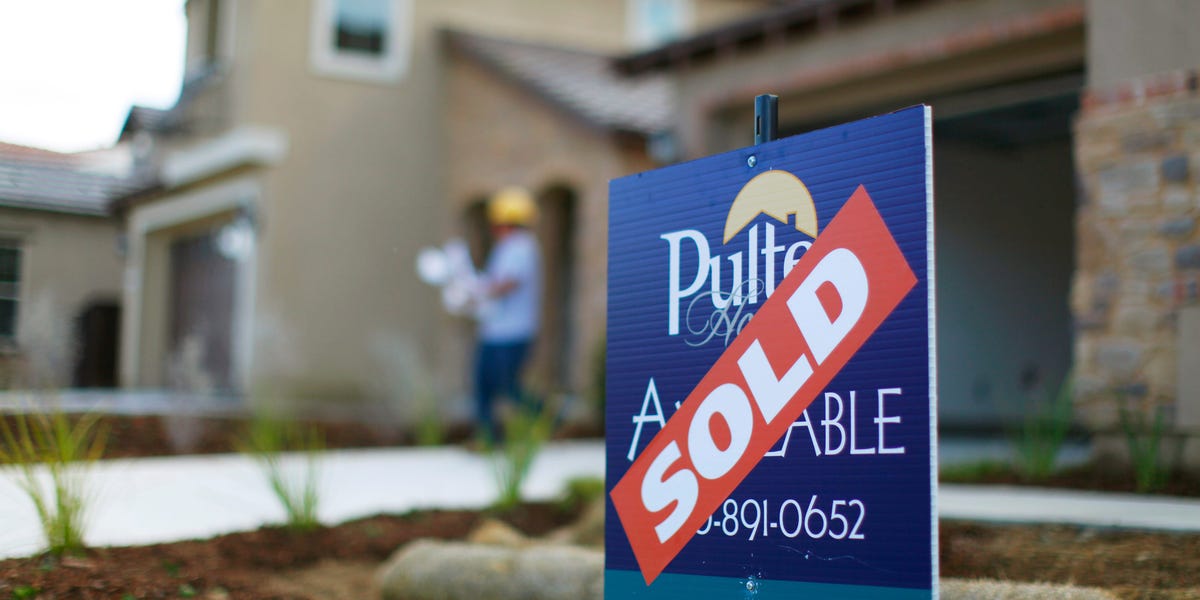- US home prices have soared 47% so far this decade.
- The price surge has outpaced the gains seen in the 1990s and 2010s, and is nearly ahead of the 2000s.
- The rising value of homes has coincided with a millennial-fueled demand surge and years of low mortgage rates.
US home prices have soared 47.1% so far this decade, according to a ResiClub analysis of the Case-Shiller National Home Price Index.
The massive price gains seen in the first four years of the 2020s have eclipsed all of the growth seen in the 1990s and 2010s, according to the analysis. Housing prices in those two decades grew 30.1% and 44.7%, respectively.
On top of that, housing price growth in the 2020s is on the verge of eclipsing all of the growth seen in the 2000s, which was 47.3% after peaking at just over 80% before the 2007 housing market crash.



zoning laws don’t do that. that’s the BS excuse they use and always have.
zoning laws originanted in racism and redlining, to keep the blacks from living near the whites.
learn some history.
Ok, so then what is the difference in an area zoned I-4 vs R-1.
And yes, I understand the historical context, but that’s not the topic of conversation. We are talking about their current use.
their current use is to prevent housing from being developed and this keep housing supply low so that current owners can benefit from increasing prices. hence why you have inner suburbs and cities full of single family homes where they should be apartment complexes, and and towns with 3 acre lot sizes and 100ft setbacks.
What does I-4 zoning stand for?